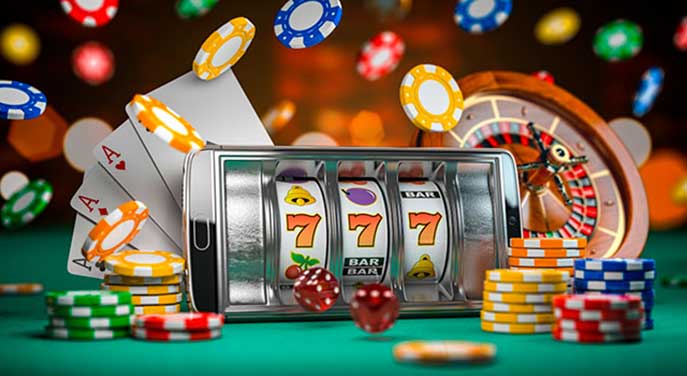In a world where entertainment options are endless, it is worth asking why some games endure while others fade away. Bingo, a game that has existed for centuries, has not only survived but adapted seamlessly into the digital era. Today, bingo casinos and online bingo platforms are part of the global online entertainment ecosystem, drawing in players across generations. Far from being outdated, bingo offers fascinating insights into psychology, technology, and culture.
Bingo and the Human Brain
Researchers in cognitive psychology often point to the role of “intermittent reinforcement” in keeping players engaged. Unlike activities with predictable outcomes, bingo games are fueled by randomness. Each number called triggers anticipation: Could this be the one that completes my card?
This anticipation activates dopamine pathways, producing microbursts of reward and motivation. Crucially, the unpredictability of bingo aligns with the same principles that underlie why people refresh social media feeds or check notifications. It’s not guaranteed satisfaction—it’s the chance of it—that keeps us engaged.
Online Bingo as a Social Laboratory
While many casino games can feel solitary, bingo has always thrived on community. Anthropologists who study leisure activities note that bingo was historically tied to fundraisers, church halls, and local gatherings. Its enduring appeal lay not only in the possibility of winning but in the act of gathering.
The move online could have erased this communal quality—but it didn’t. Platforms such as BingoPlus have replicated the social dimension through live hosts, chat rooms, and multiplayer lobbies. These features demonstrate a broader truth about digital entertainment: people are not just seeking games, they are seeking connection. Online bingo works precisely because it blends chance with community.
Bingo Casinos and the Culture of Variety
One reason bingo casinos thrive online is their ability to offer more than one kind of experience. Instead of a single hall with uniform rules, digital platforms allow for multiple game formats—speed rounds, progressive jackpots, and hybrid games that borrow mechanics from slots or card games.
This diversity taps into another psychological principle: novelty. Humans are wired to seek new experiences, and when entertainment platforms balance familiarity with variation, they encourage long-term engagement. Online bingo manages to do both: preserving the simple structure of number matching while constantly introducing fresh twists.
Case Studies in Modern Play
Consider the experiences of two different players.
- Ramon, 29, works in tech and spends much of his day in structured, high-pressure environments. For him, logging in through the BingoPlus Login page in the evenings provides low-stakes entertainment—a contrast to the seriousness of his daily work. The simplicity of bingo allows his mind to unwind while still keeping him socially engaged.
- Elena, 64, grew up attending community bingo nights in her town. When mobility issues made it harder for her to attend, she turned to online bingo. What she values most isn’t the jackpots but the conversations she can still have in chat rooms. For her, bingo remains a community ritual, simply relocated onto a screen.
These two cases highlight the adaptability of bingo. It serves different purposes for different people—stress relief for some, social continuity for others—yet both find value in it.
Bingo in the Broader Online Entertainment Landscape
When we think of digital entertainment, streaming services and multiplayer video games dominate the conversation. Yet bingo deserves a seat at the table for one key reason: accessibility. Unlike many competitive online games that require skill, strategy, or steep learning curves, bingo is instantly inclusive. Anyone can participate, regardless of age, experience, or background.
This inclusivity makes online bingo a cultural bridge. It unites players who might never otherwise share the same digital space. In an age where digital communities are often fragmented, bingo remains a rare example of cross-generational, cross-cultural entertainment.
The Future of Bingo in Science and Society
Looking ahead, we can imagine bingo evolving alongside new technologies. Virtual reality could recreate the atmosphere of a buzzing hall, while artificial intelligence might tailor game pacing to individual preferences. These innovations could deepen immersion, but the core will remain the same: anticipation, simplicity, and community.
From a scientific perspective, bingo will continue to serve as a model for understanding how people engage with games of chance, why they return to them, and how social interaction enhances digital play.
Conclusion
Bingo is more than a pastime. It is a living example of how ancient games adapt to modern technologies, balancing timeless psychology with digital innovation. Whether in a bingo casino filled with variety or in an online bingo room buzzing with chat, the game continues to capture hearts and minds.
If you’d like to explore this digital chapter of bingo yourself, you can go here. And for ongoing insights into how bingo is shaping the online entertainment landscape, the BingoPlus blog is a resource worth following.

